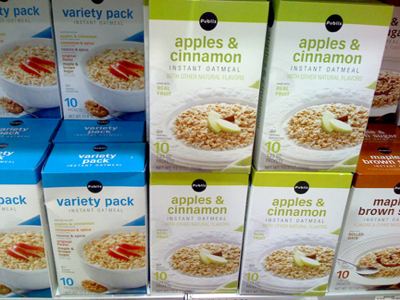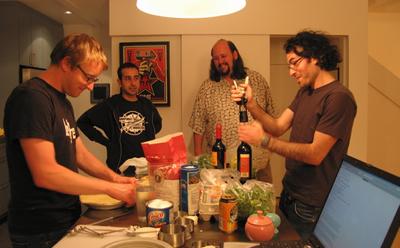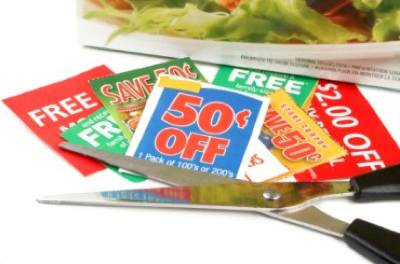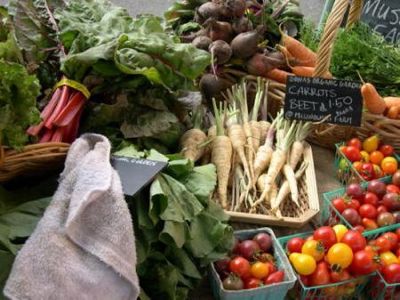 Humans
Humans  Humans
Humans  Movies and TV
Movies and TV 10 Holiday Movies Released at Odd Times of the Year
 Politics
Politics 10 Countries Where Religion and Politics Are Inseparable
 Weird Stuff
Weird Stuff 10 Freaky Times When Famous Body Parts Were Stolen
 Miscellaneous
Miscellaneous 10 Interesting Things Manufacturers Stopped Making and Why
 Gaming
Gaming 10 Funny Tutorials in Games
 History
History 10 Fascinating Little-Known Events in Mexican History
 Facts
Facts 10 Things You May Not Know about the Statue of Liberty
 Movies and TV
Movies and TV 10 Movie Adaptions That Brought Popular Songs to Life
 Health
Health 10 Miraculous Advances Toward Curing Incurable Diseases
 Humans
Humans 10 One-of-a-kind People the World Said Goodbye to in July 2024
 Movies and TV
Movies and TV 10 Holiday Movies Released at Odd Times of the Year
 Politics
Politics 10 Countries Where Religion and Politics Are Inseparable
Who's Behind Listverse?

Jamie Frater
Head Editor
Jamie founded Listverse due to an insatiable desire to share fascinating, obscure, and bizarre facts. He has been a guest speaker on numerous national radio and television stations and is a five time published author.
More About Us Weird Stuff
Weird Stuff 10 Freaky Times When Famous Body Parts Were Stolen
 Miscellaneous
Miscellaneous 10 Interesting Things Manufacturers Stopped Making and Why
 Gaming
Gaming 10 Funny Tutorials in Games
 History
History 10 Fascinating Little-Known Events in Mexican History
 Facts
Facts 10 Things You May Not Know about the Statue of Liberty
 Movies and TV
Movies and TV 10 Movie Adaptions That Brought Popular Songs to Life
 Health
Health 10 Miraculous Advances Toward Curing Incurable Diseases
Top 10 Ways To Save Money On Food
Food prices are skyrocketing due to the introduction of biofuels, high regular fuel prices, inflation, and other events outside of our control. For many people, the food budget is becoming the most expensive part of the household living costs. This list is to help people who don’t want to suffer these prices so they can put their hard earnt cash in to more productive areas. This list is in no particular order – using all or just one or two of the tips here should help you save money – substantially in many cases.

When you are shopping for food, it is important that you make a list – this will help you to avoid buying things that you do not need. The highest cost of shopping is almost always the unexpected extras that you don’t really need. Making a list also helps you to realize just how much food you are buying – you would be surprised how much “deadwood” you can cut out. This is particularly effective when used in conjunction with item 6 and 8.
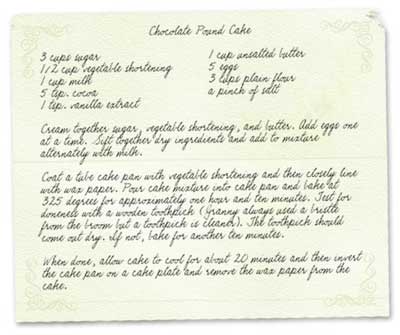
Cooking from recipes is great if you are not the most confident cook, but if you force yourself to experiment with food, you can use up all the bits and pieces left over in the refrigerator and cupboards that might otherwise just sit there and spoil. If you try to empty your cupboards between shopping you will save a fortune – in some cases you will find that you can skip a whole week of shopping. When you are trying to save money you have to give up the idea of luxury meals every day.
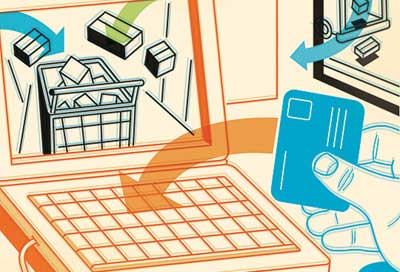
When I shop online with a list (see item 10), my grocery bill is more than halved. Supermarkets are designed by specialists who know how to convince you to buy things you don’t want. Every item is placed in such a way that it will entice you. The supermarkets have become incredibly good at this (as is evidenced by my half price shopping bill when I don’t go to the store). You usually save so much money that the small delivery fee charged by some online shopping stores is worth paying. Make sure to follow tip 10 and buy only what it is on your list – nothing more.

Supermarkets have a tendency to package items in odd numbers – such as packs of 3 steaks when you only want 2. This can work to your advantage – buy the 3 pack, cook it all, and save one piece for lunch the next day. This is true of all leftovers – they can either be reheated and eaten the next day, frozen for later use, or recycled in another meal (when you cook leftovers it is called rechaufe). Left over chicken from a roast can be turned in to a hearty chicken soup, left over cooked meat can be ground (minced) and made in to a pie filling, the list is endless. Just remember (item 9) that recipes are not going to help you to cook with leftovers – you need to just dive in and give it a try.
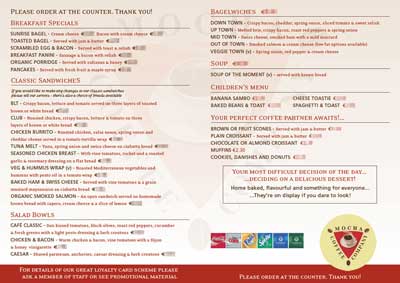
It is a good idea to make a core menu for the week – a menu that doesn’t change from week to week. This may include things like sausages and mashed potato, fried chicken, caesar salad, etc. By adding 5 regular meals you can control the cost of your shopping, and as time goes on you can learn ways to make shortcuts and save more money. Furthermore, one large bag of potatoes can be used up in 2 weeks instead of half a bag sitting around spoiling. Use your extra two days to add a special meal – something that changes every week so you don’t get bored with your meals.
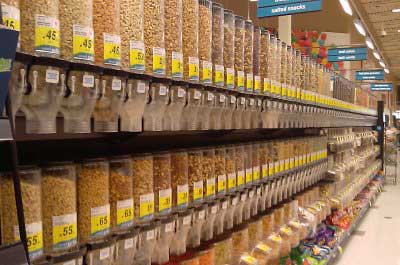
Buying in bulk is almost always cheaper than buying small portions. It is important to remember, however, that this is not an effective shopping tool if you are buying bulk items that you don’t normally use. Bulk shopping should be reserved to the items that you use regularly and in large quantities. For example, if you bake your own bread you should buy the largest sack of flower you can – but if you never bake your own bread you should not buy bulk flour. This seems like an obvious point, but a lot of people get so enthusiastic about the savings that they buy unnecessary goods.
Not only are store brand goods almost always cheaper, but often they contain the very same food as a label brand. This is true not just of food but also clothing. It is definitely not worth paying twice the price just for a fancy label when the quality of the goods are identical. We certainly wouldn’t buy a Lada with a mercedes logo on it for twice the price as a Lada with the Lada logo. Why do it with food?
Cooking from scratch is one of the best ways to save money in shopping. Pre-packaged and pre-cooked meals are expensive – every step in the process of turning raw food in to prepared food adds more to the price. This is true of cuts of meat as well – chicken with the skin and bones intact costs a lot less than skinned boned chicken breasts. For the 2 minutes work you save when buying pre-cut meat it is hardly worth paying a premium price. Cooking from scratch will not only save you money, it will make you healthier as your food will not contain preservatives and chemicals. Also, you can quite often cook a meal from scratch in the same time as it takes to open and heat a pre-made meal.
Coupons are an excellent way to save money. Some shops use loss leaders- this is when they sell goods at cost or less than cost. The aim of loss leaders is to draw customers in to the store. Take advantage of this and shop at a few different places – buying only coupon items. You will be amazed how much money you can save. But be warned – just like bulk buying – do not buy items you do not need just because they are so inexpensive. You are not saving any money when you buy something you don’t need.
Buying local produce will always be cheaper than transported goods because you are not paying transportation costs, and it is these costs which are growing the most rapidly at present. Furthermore, you get to build up a good relationship with members of your local community and get the freshest fruit and vegetables. This also means that you are eating seasonal produce and not something that has been frozen for a year before it hits the shops. Why pay twice the price for last year’s apples when you can get apples that have just come off the tree?
